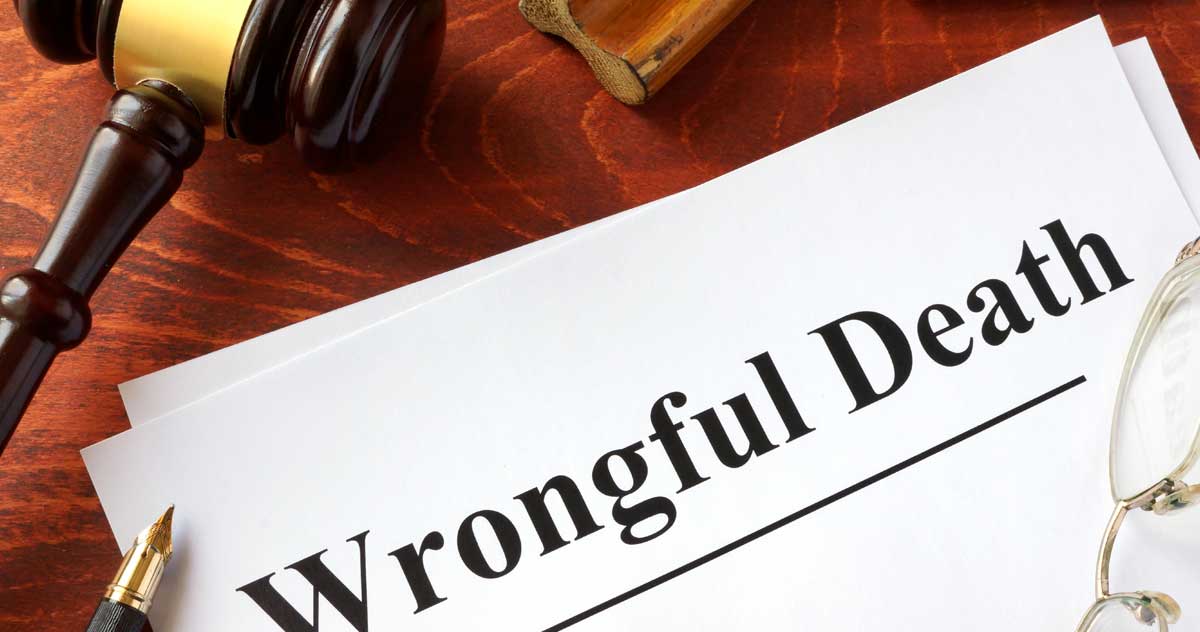Losing a loved one is an incredibly difficult experience on its own. But when their death occurs due to the negligence or misconduct of another party, the grief can feel exponentially worse. Pursuing compensation through a wrongful death claim may be an important part of finding justice and closure. Below is an overview of what wrongful death claims entail and when you might need to make one after the loss of a family member.
What Qualifies as a Wrongful Death?
Wrongful death claims involve civil lawsuits that aim to hold another person, company, or entity legally accountable for a death that occurred due to negligence or intentional harm. According to legal statutes, cases that may qualify as wrongful death can involve:
- Medical malpractice – Deaths resulting from a healthcare provider’s mistakes, errors, or negligent actions. This can include misdiagnosis, surgical errors, medication errors causing fatal overdoses or reactions, and other forms of medical negligence.
- Vehicle crashes – Fatal car, motorcycle, pedestrian, bicycle, truck, bus, or any other transportation-related accidents where another driver caused the crash through violations, impaired driving, distraction, negligence or other reckless behaviors.
- Workplace accidents – On-the-job fatalities that occur due to unsafe working conditions, lack of proper training or protective gear, defective equipment, negligence of supervisors, and any other workplace accidents where employer negligence plays a role.
- Unsafe premises – Death arising from unsafe property conditions like poor lighting, lack of proper security, defective stairwells or walkways, accumulation of debris or spills causing slip-and-fall fatalities, swimming pool accidents, and more. Property owners may be liable in negligence wrongful death suits.
- Product liability – Fatalities caused by dangerous or defective products like vehicles with faulty components, medical devices that malfunction, or consumer goods with manufacturing defects. Companies responsible for these products can face wrongful death litigation if product defects contribute toward a death.
- Police misconduct – Use of excessive force or negligent actions by law enforcement during incidents leading to an arrest-related death. This includes taser deaths, fatal shootings, and positioning or restraint tactics that suffocate or otherwise kill civilians.
- Toxic exposure – Deaths resulting from dangerous exposure to toxic materials, air pollution, contaminated water supplies, hazardous waste, and other environmental toxins where negligence or recklessness of companies and governments plays a role.
- Defective drugs – Fatalities arising from dangerous side effects of prescription or over-the-counter pharmaceuticals that drug manufacturers did not sufficiently test for safety or failed to provide adequate warnings about on labeling.
The Common Denominator
What connects all these situations is that another party’s negligent, reckless or intentional actions resulted in the untimely and wrongful death of a family member. And when such misconduct or violations of safety duties contribute to causing a fatality, the surviving family members can have viable grounds for a wrongful death civil claim.
It does not require intent to physically harm the victim. Simply failing to act with reasonable care and breaching duties of safety owed toward others can qualify as negligence that serves as justification for holding the other party legally accountable for the ensuing harm.
Why File a Wrongful Death Lawsuit?
No amount of financial compensation can ever make up for the tragic loss of a beloved family member. But wrongful death claims remain important for several reasons, including the following:
- Justice – Holding negligent parties legally accountable for fatal misconduct serves the interests of justice and can provide some closure for grieving families. The court system offers a constructive means for assigning responsibility and righting wrongs.
- Financial Support – Successful claims lead to financial damages that support families struggling with income loss from the death of a breadwinning spouse or parent. The compensation can help cover expenses stemming from funeral costs, lost future earnings, and other damaging financial impacts.
- Safer Society – When companies, healthcare providers, property owners, and other entities face consequences like wrongful death suits for fatal negligence, it motivates safer practices and better protections for human life across society. The prospect of litigation incentivizes responsible safety improvements.
- Honoring Victims – Taking legal action demonstrates a refusal to let victims be forgotten and helps ensure the full circumstances surrounding the tragedy are brought to light. Families can honor those they’ve lost by fighting on their behalf.
- Accountability and Awareness – The discovery process of lawsuits brings details of negligence to light that can improve public accountability and awareness regarding threats to public health and safety. Bringing wrongful death cases based on negligence helps underscore critical risks that governments and companies have a duty to address.
When to Call a Wrongful Death Attorney
Trying to pursue a wrongful death suit while simultaneously coping with crushing grief presents an unbelievable difficulty. Contacting an experienced wrongful death attorney allows families to focus on healing while letting a skilled legal professional handle investigating the accident, assessing fault and eligibility for a claim, compiling evidence, negotiating with insurance companies, and taking all appropriate legal steps toward seeking damages or reaching an adequate settlement.
If losing someone you love feels like part of the injustice stems from the negligence or misconduct of another, then speaking with the wrongful death lawyers from What’s My Case Worth at least starts you moving toward doing something about it. We will listen and guide you through understanding whether reasonable grounds exist for bringing a claim against a potentially liable individual, employer, insurer, or other entity. With expert help applying the law to even highly complex situations, families can determine whether they have a viable case that the court system may allow them to pursue.
No loved one can ever be replaced, and no lawsuit can undo a wrongful death. But holding negligent parties accountable and receiving rightful compensation represents one path forward on the long road of coping with grief and finding closure. So, if you lost someone you love unexpectedly due to anything short of natural causes, take the step toward justice and contact a wrongful death settlement lawyer to discuss your options. Contact our legal team at What’s My Case Worth now to start the process.







